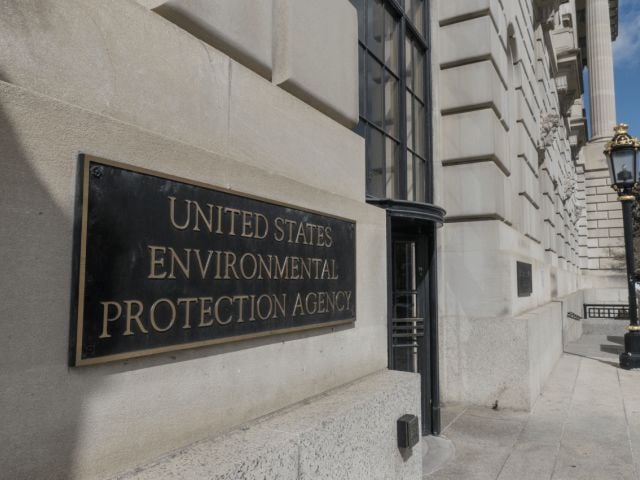Research
Just Add Water
More than 45 million Americans in thousands of communities were served drinking water during 1994-1995 that was polluted with fecal matter, parasites, disease causing microbes, radiation, pesticides, toxic chemicals, and lead at levels that violated health standards established under the federal Safe Drinking Water Act. More than 18,500 public water supplies reported at least one violation of a

















